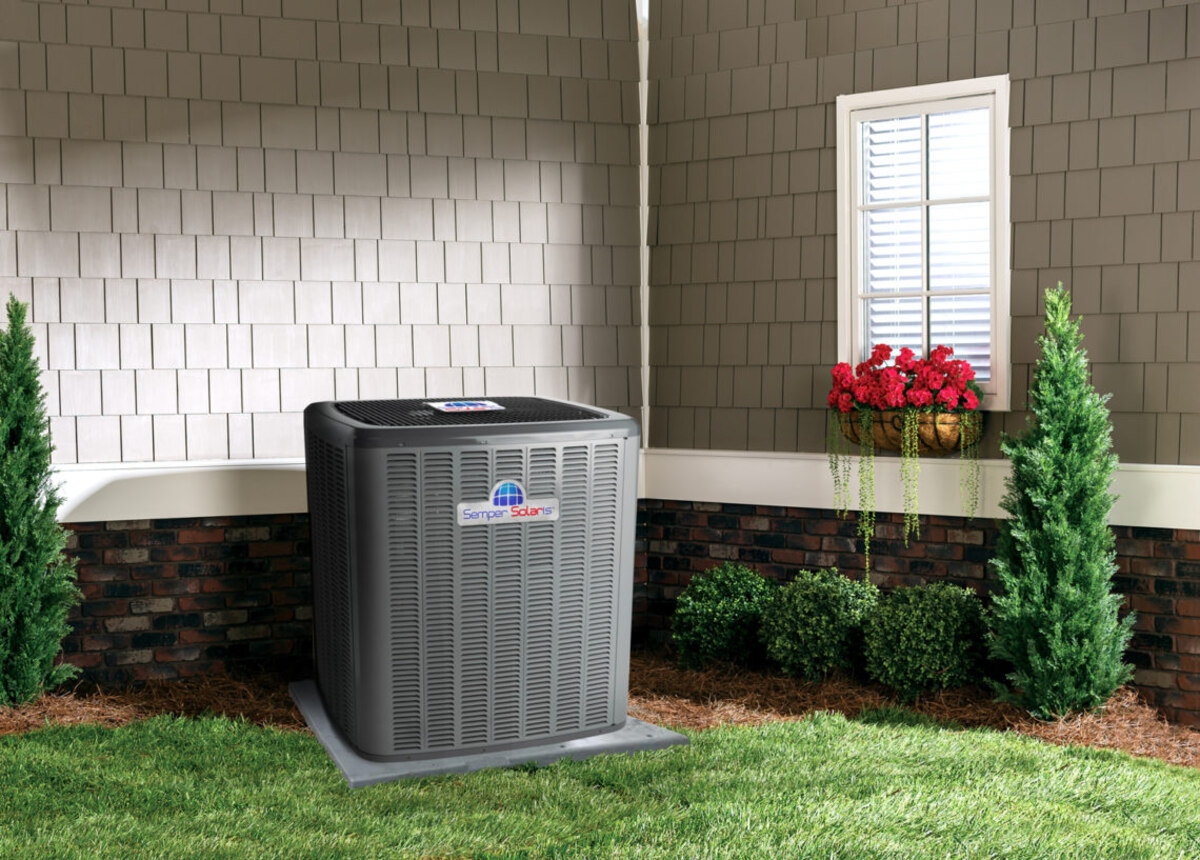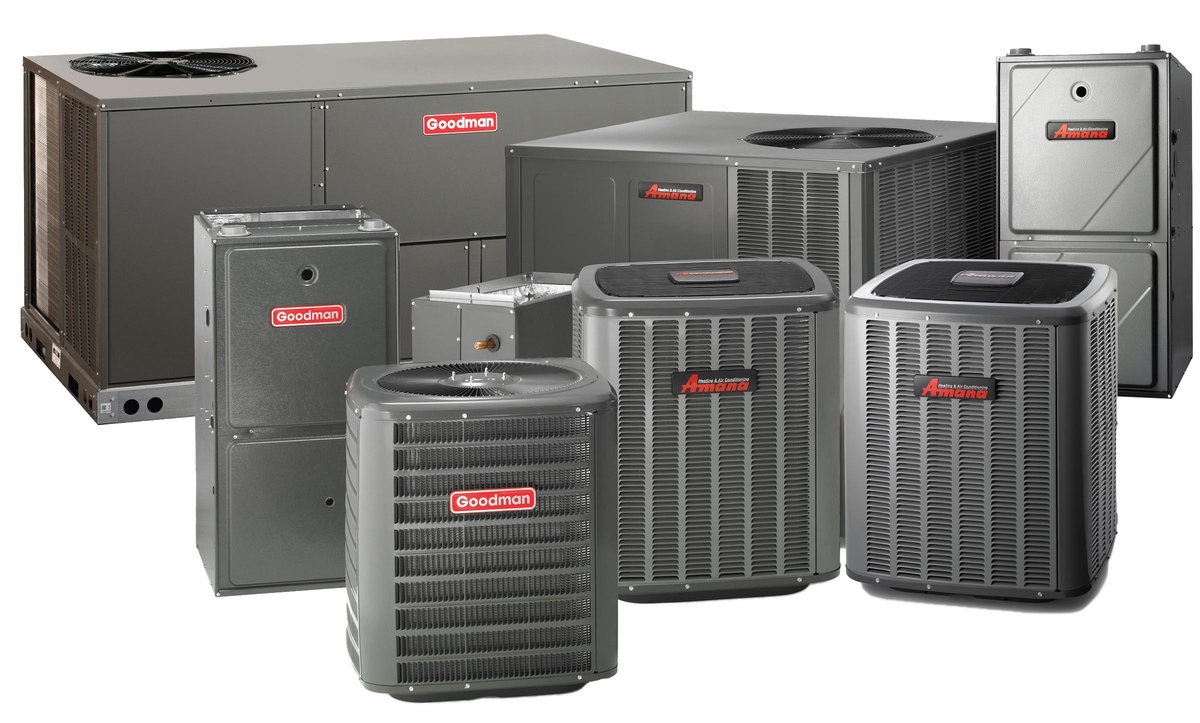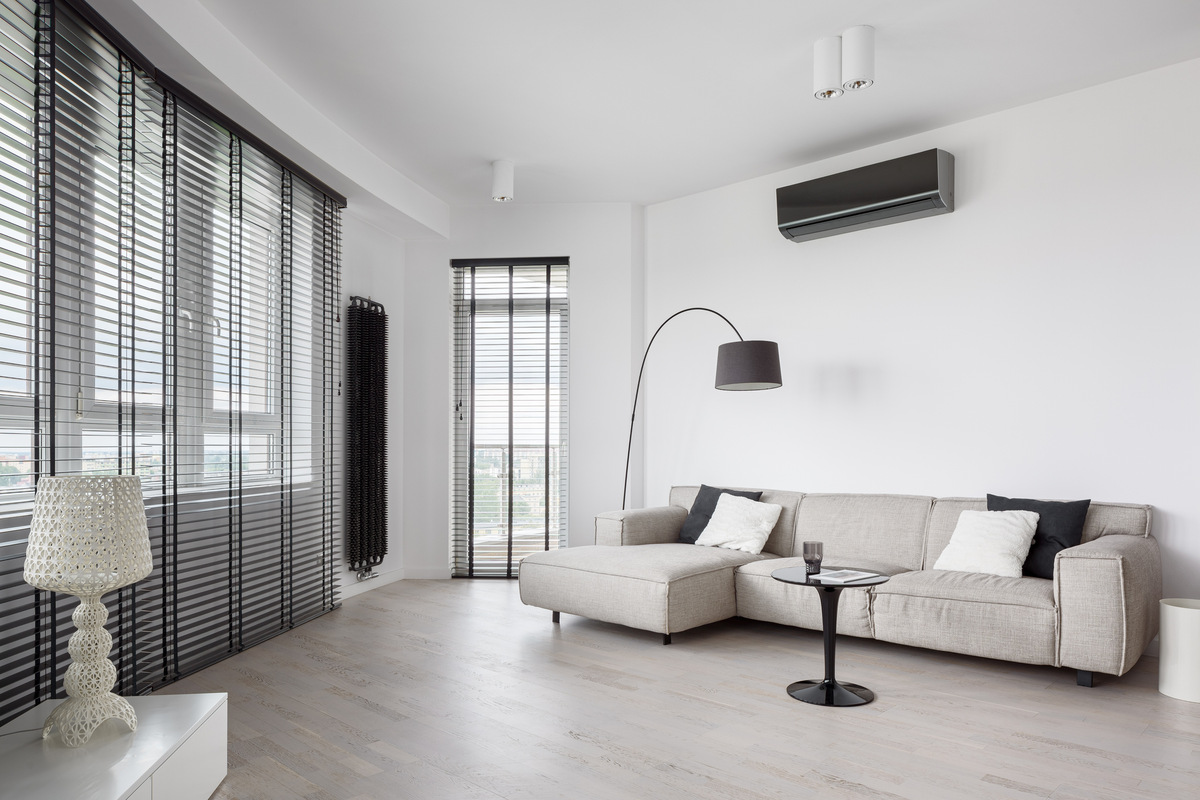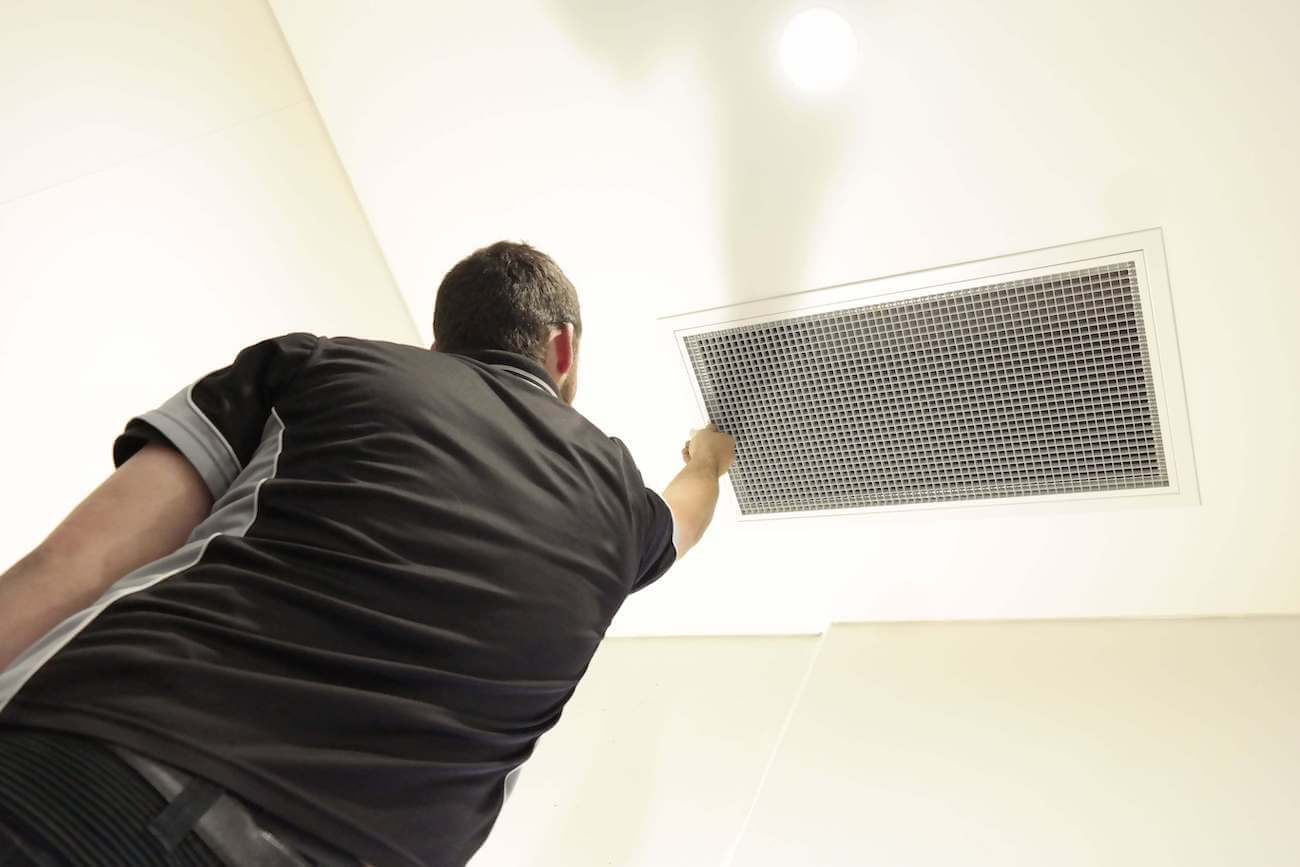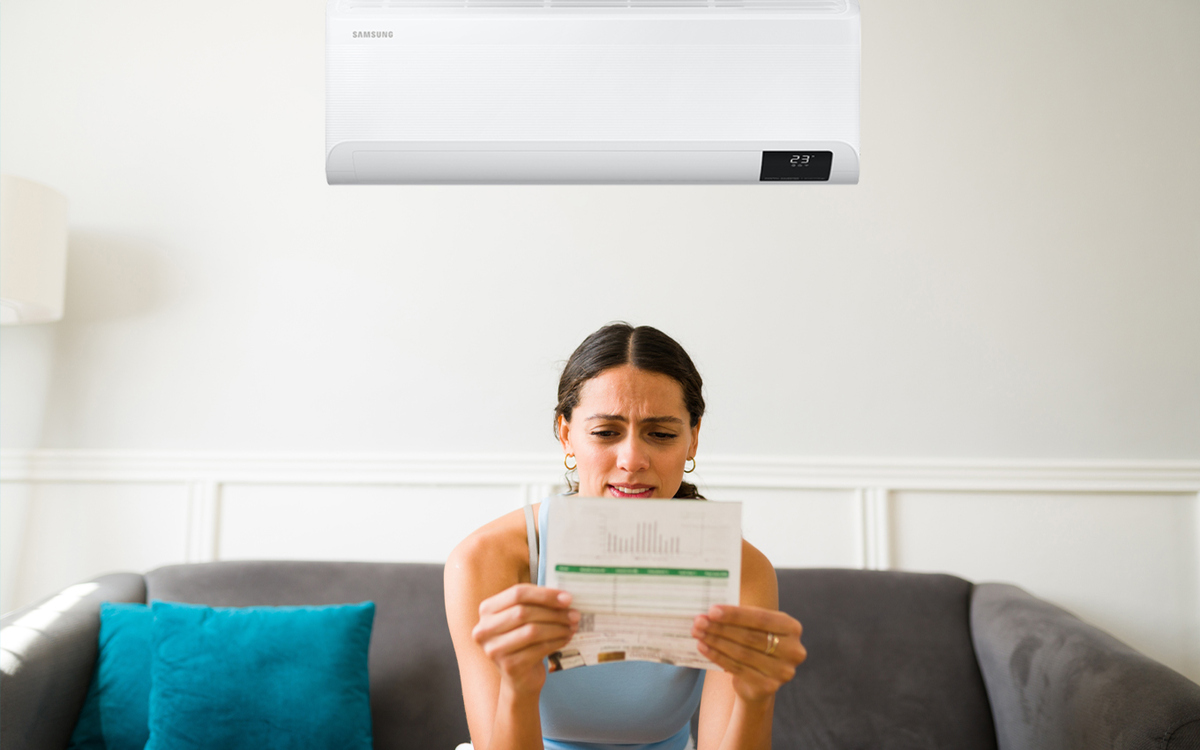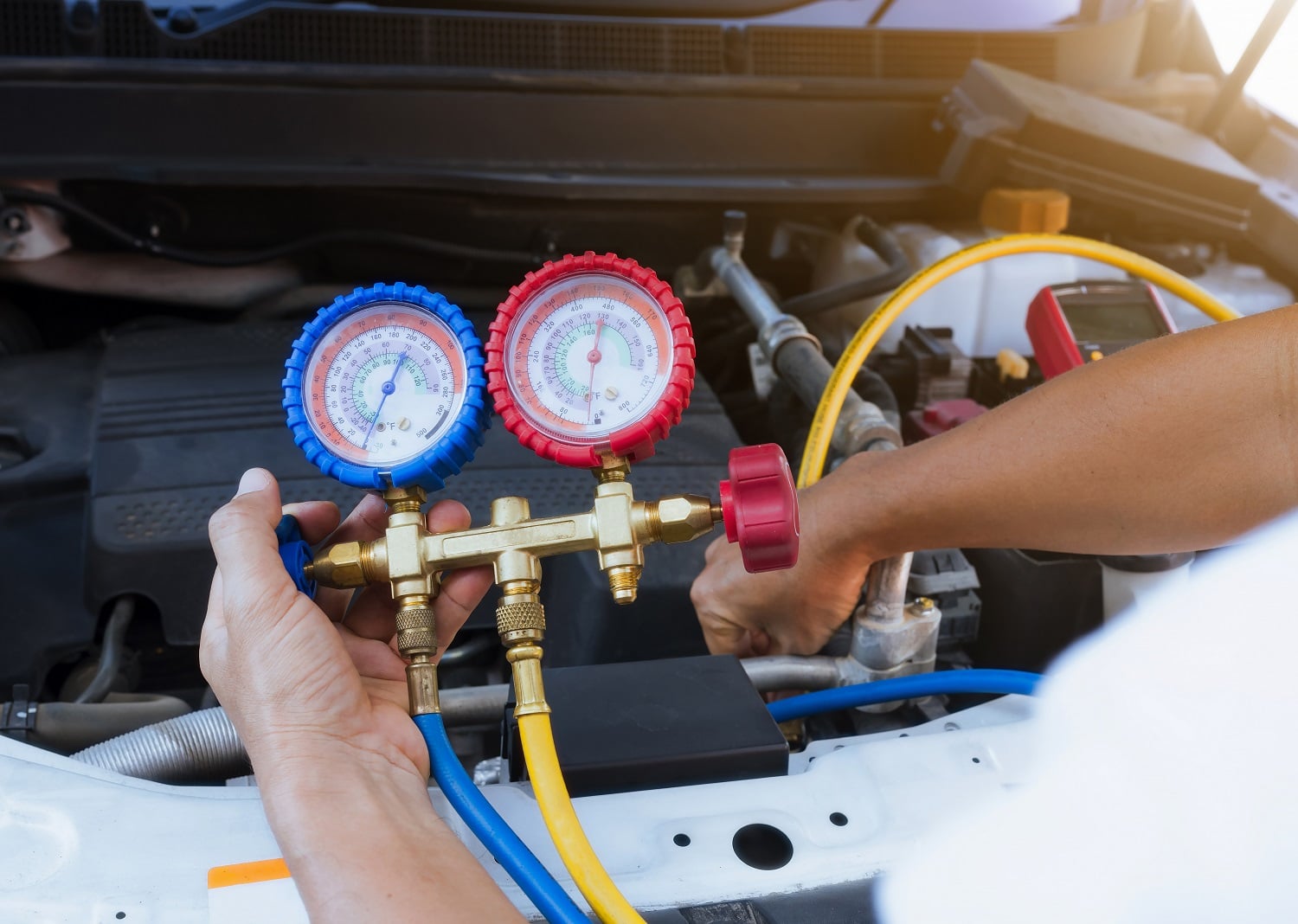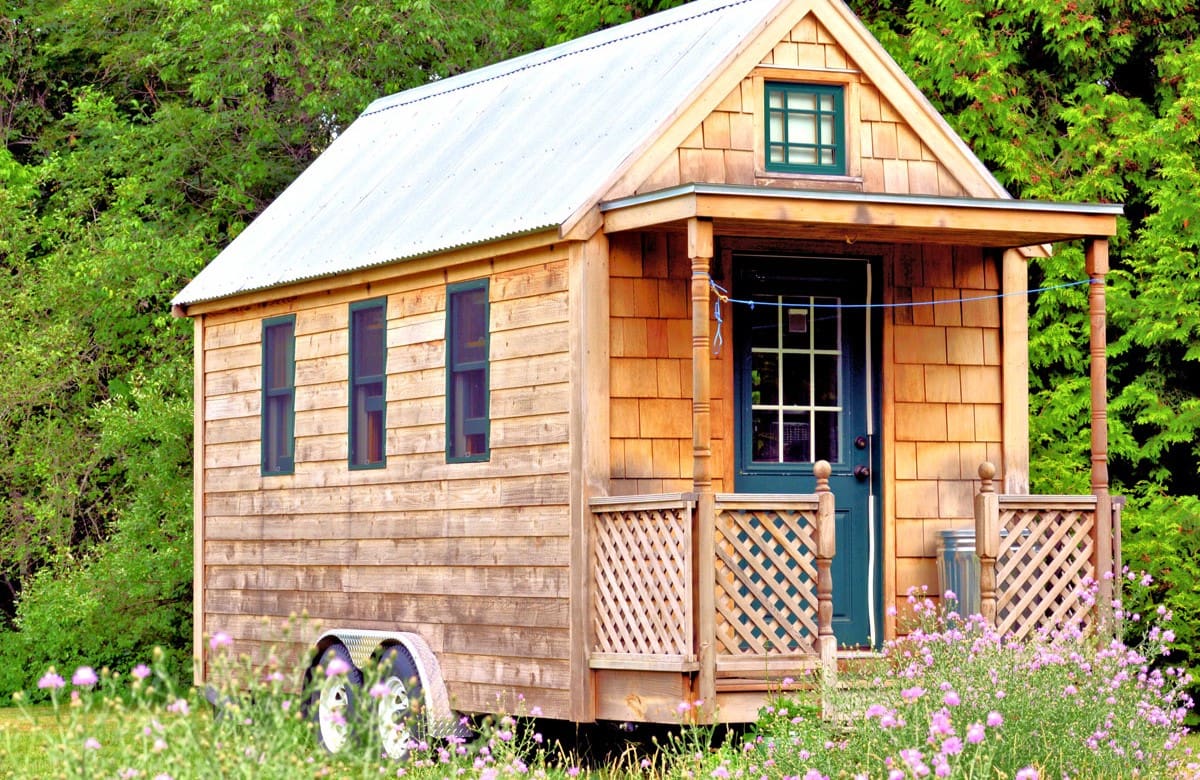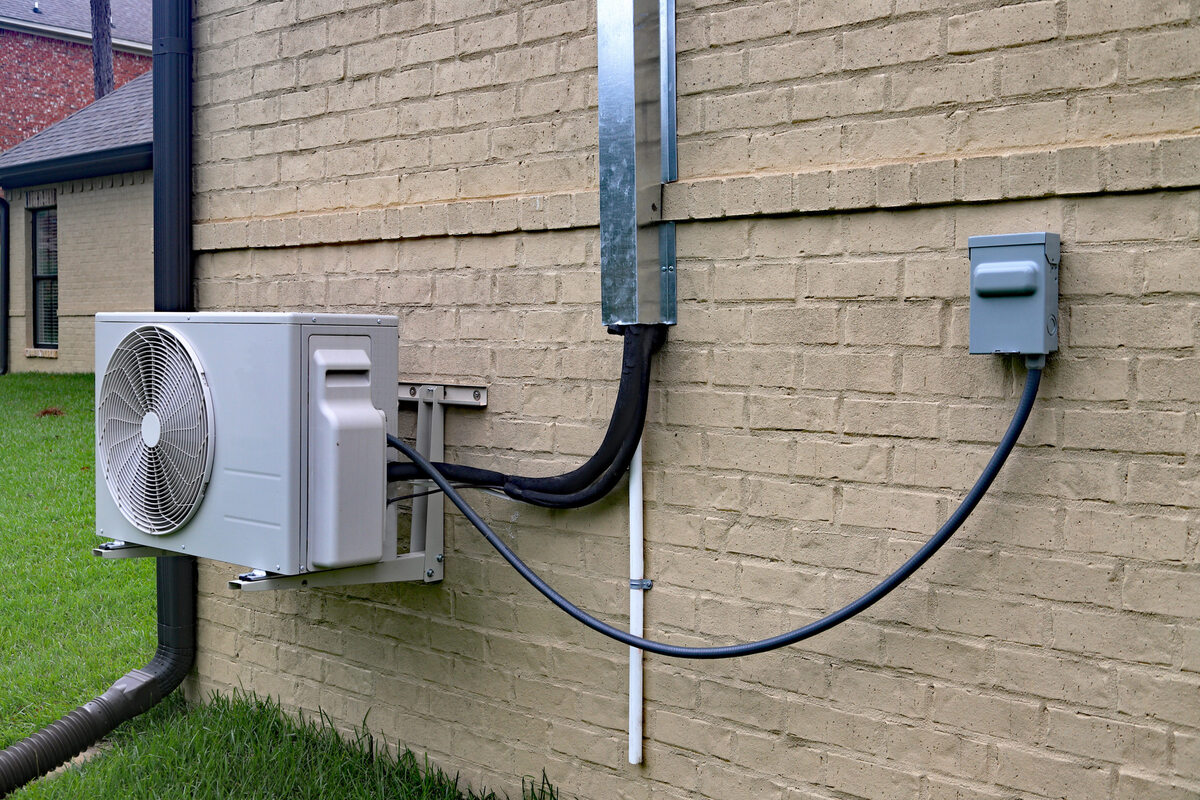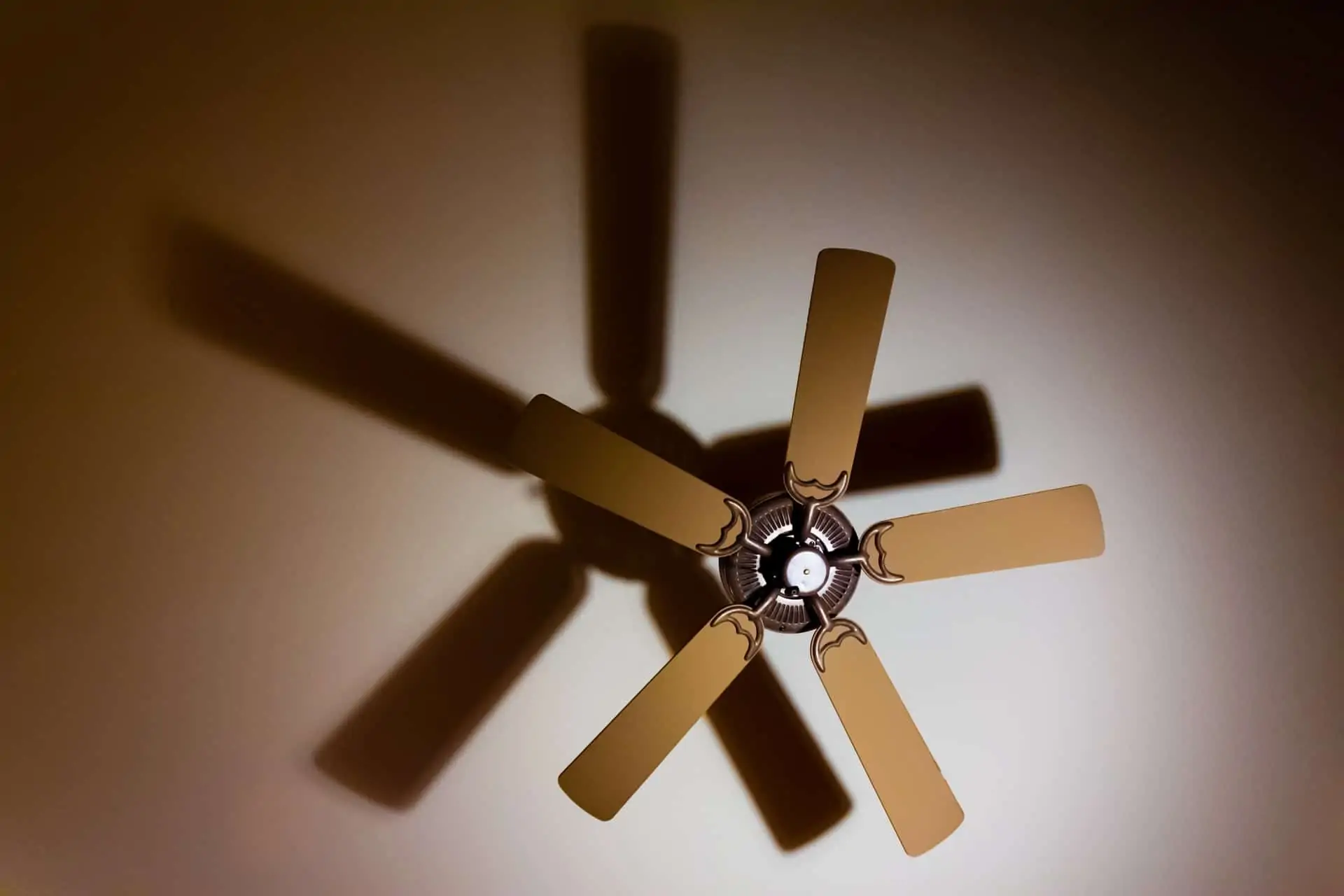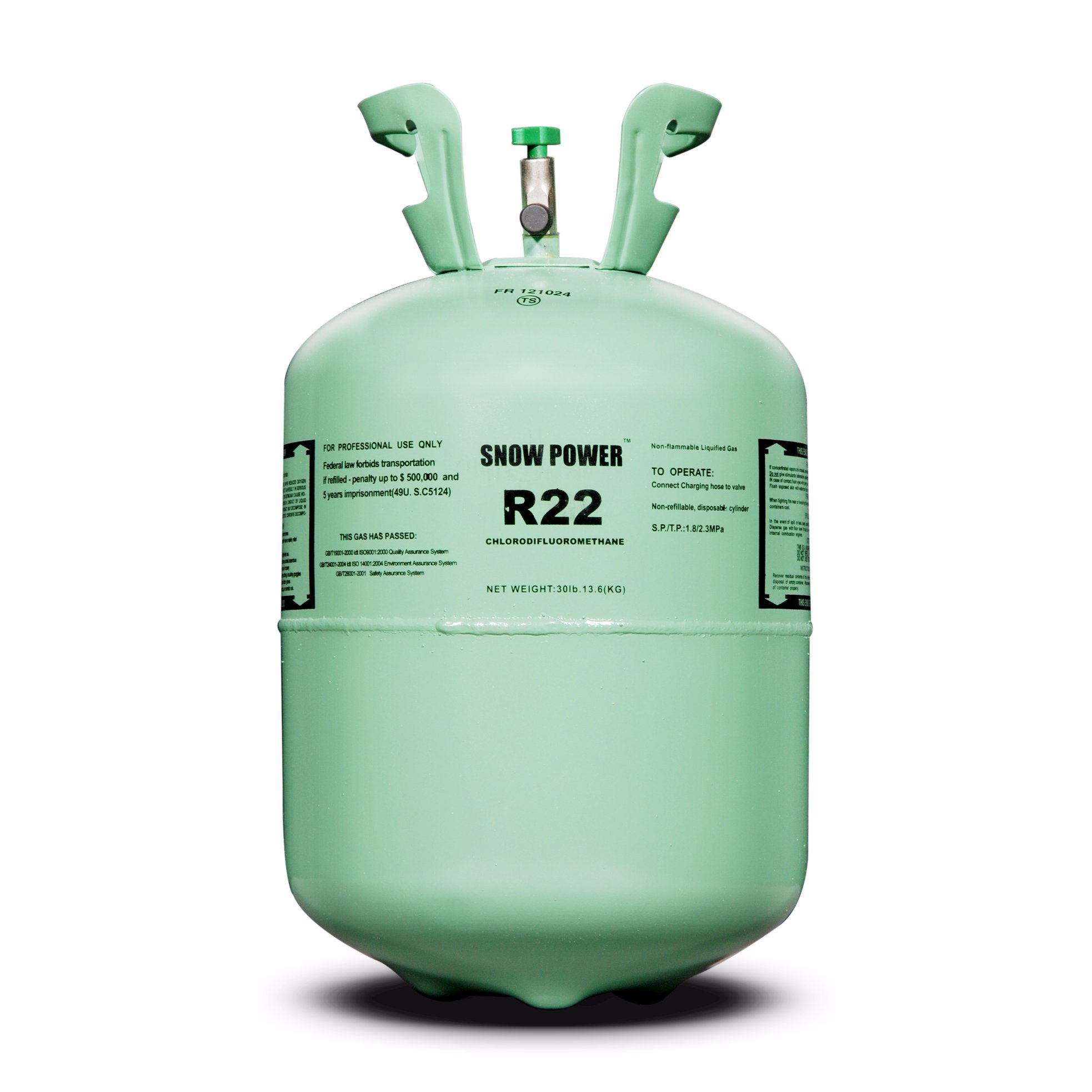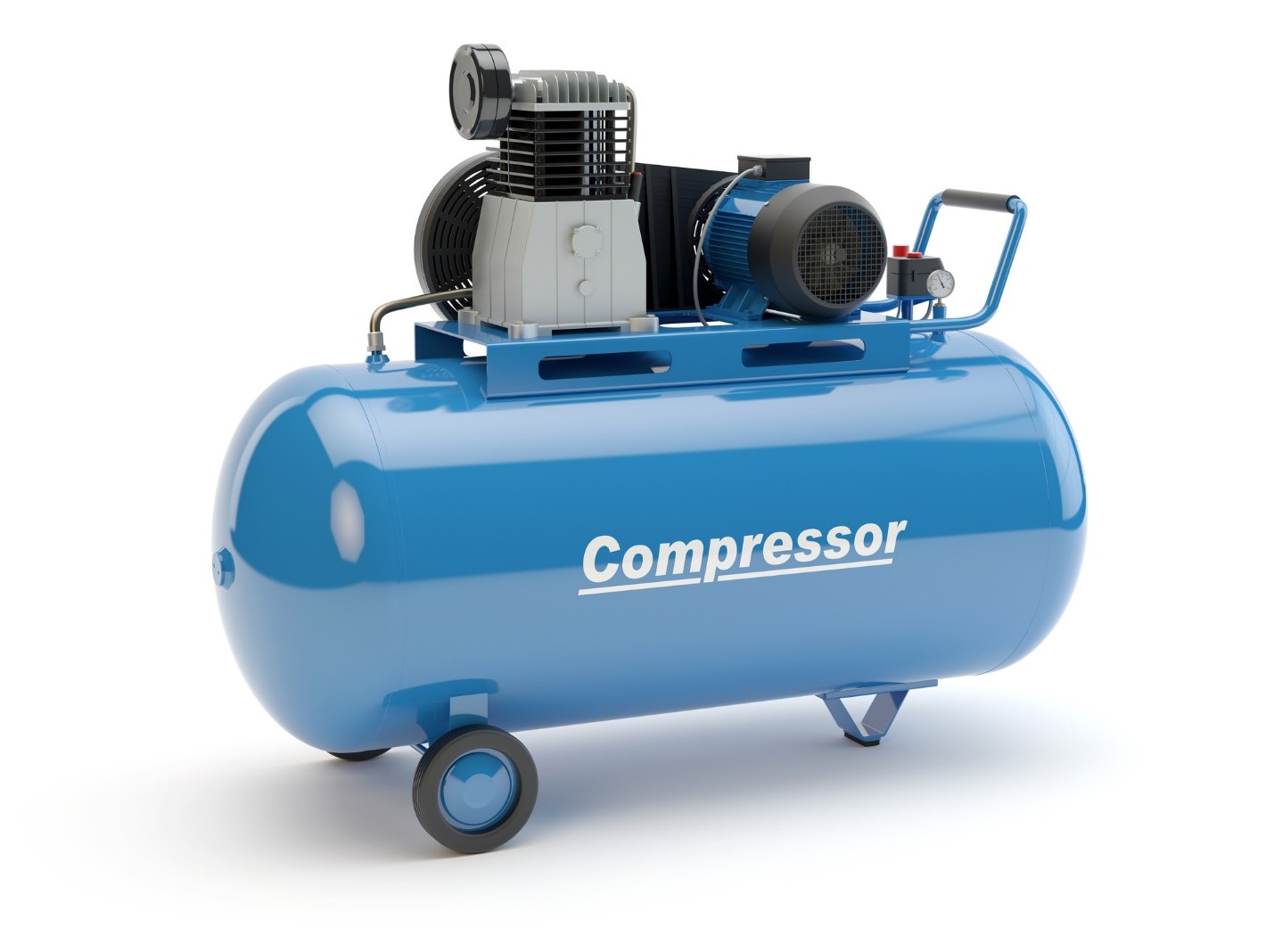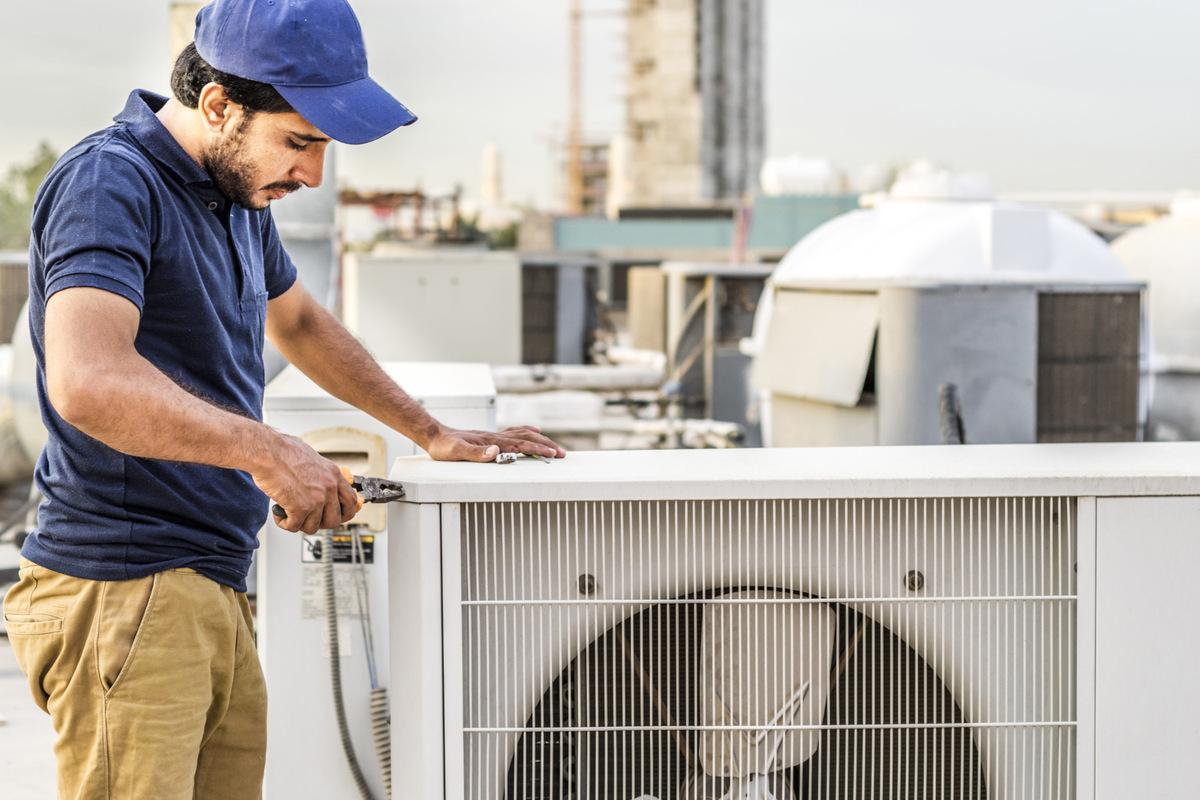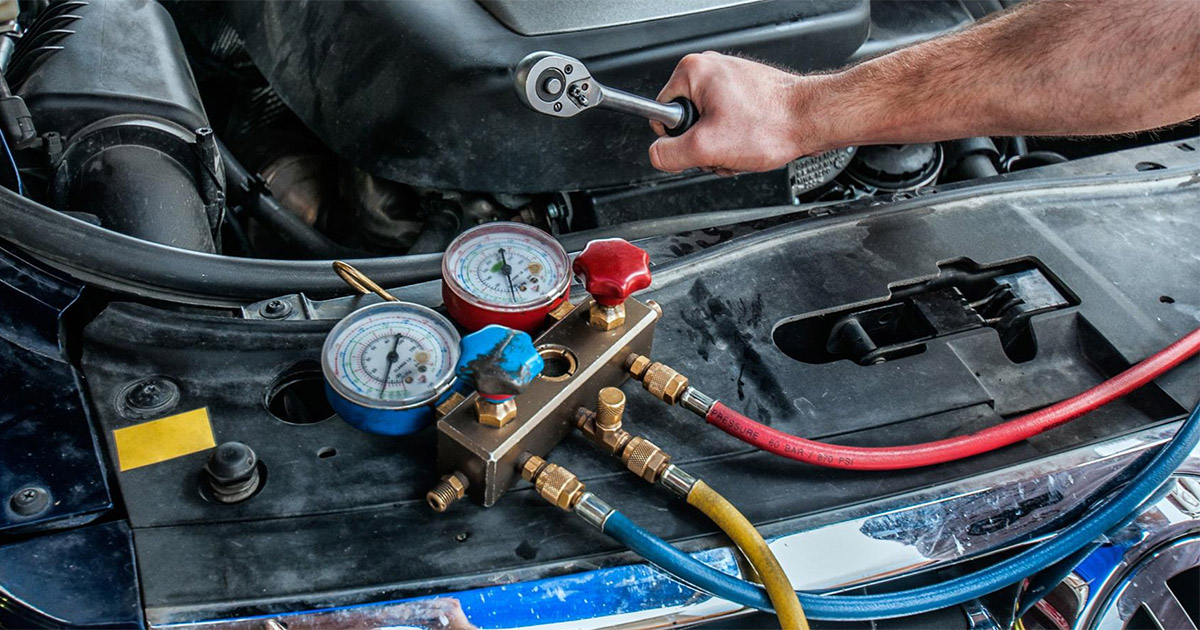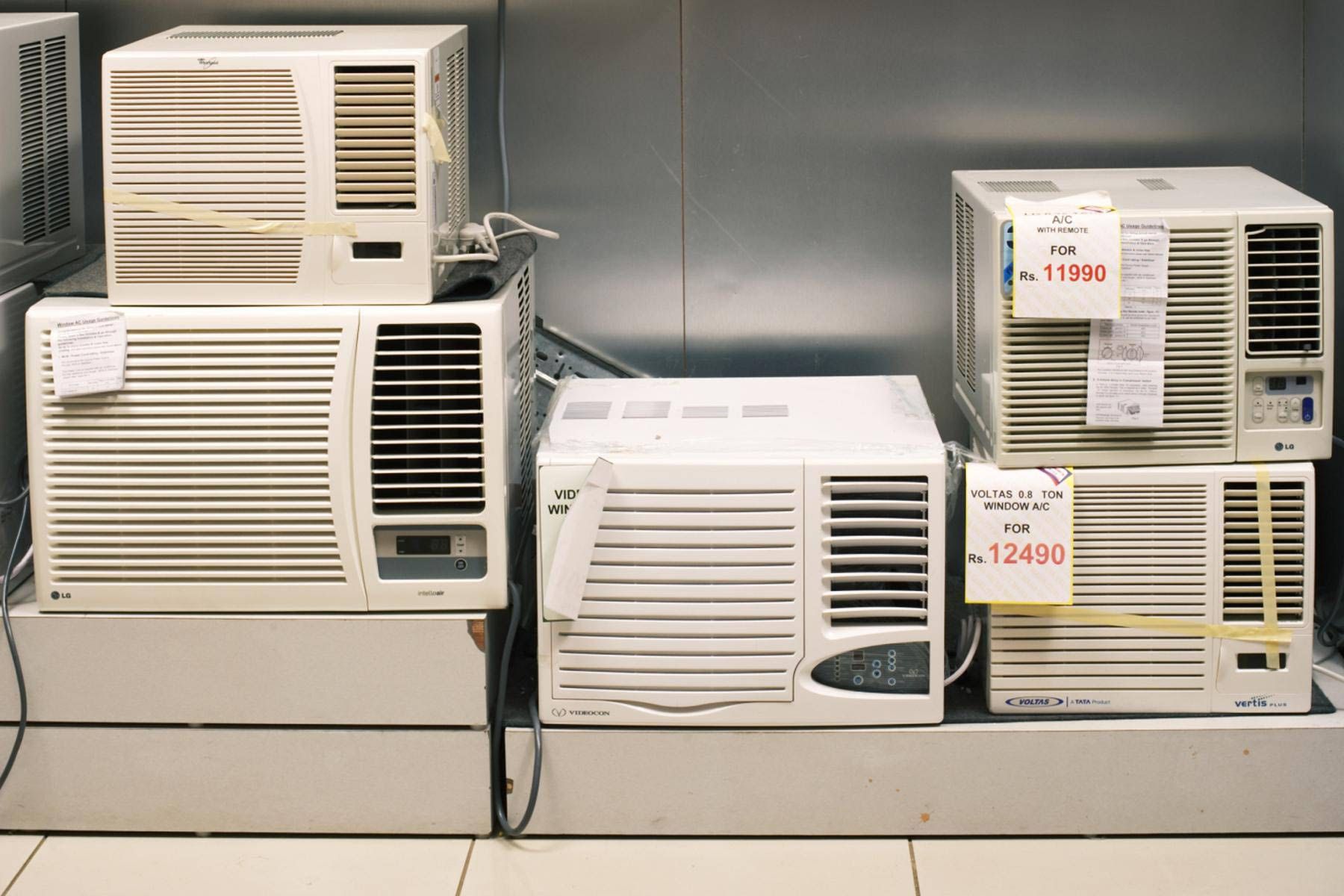Home>Home Maintenance>How Much Is An Air Conditioning Unit
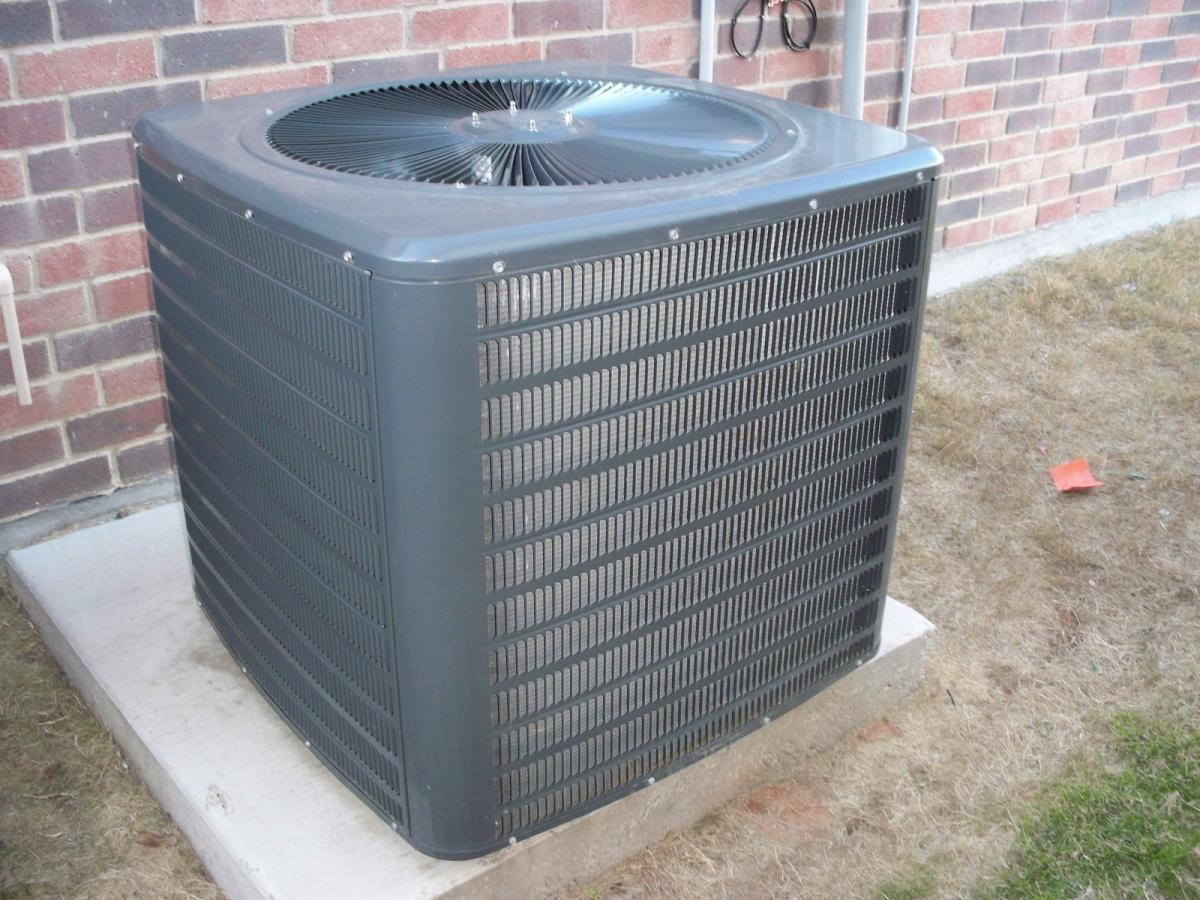

Home Maintenance
How Much Is An Air Conditioning Unit
Modified: March 6, 2024
Looking to buy an air conditioning unit? Find out the average cost and factors that affect prices in our comprehensive guide to home maintenance.
(Many of the links in this article redirect to a specific reviewed product. Your purchase of these products through affiliate links helps to generate commission for Storables.com, at no extra cost. Learn more)
Introduction
Welcome to the world of air conditioning units! As temperatures rise, many homeowners are seeking relief from the sweltering heat by investing in a reliable and efficient cooling system. However, one of the major considerations is the cost of an air conditioning unit, which can vary significantly depending on several factors.
In this article, we will explore the different factors that affect the cost of an air conditioning unit and provide you with an overview of the various types available. Additionally, we will discuss the average price range for air conditioning units and outline any additional costs you may need to consider. Lastly, we will offer some valuable tips on how to save money when purchasing an air conditioning unit.
By the end of this article, you will have a clearer understanding of the costs associated with air conditioning units, enabling you to make an informed decision that suits both your needs and your budget.
Key Takeaways:
- Choosing the right air conditioning unit involves considering factors like size, energy efficiency, and installation costs. Understanding these factors helps make an informed decision that fits your budget and needs.
- To save money on air conditioning, opt for energy-efficient units, use programmable thermostats, improve insulation, and consider zoning systems. These strategies can reduce energy consumption and lower long-term cooling costs.
Read more: How Much Is It To Fix Air Conditioning
Factors that Affect the Cost of an Air Conditioning Unit
When it comes to the cost of an air conditioning unit, several key factors can influence the price. Understanding these factors will help you make an informed decision when selecting the right unit for your home. Here are some of the main factors that can affect the cost:
- Size of the Unit: The size of the air conditioning unit is one of the primary factors that impact the cost. Larger units with a higher cooling capacity are generally more expensive than smaller units. It’s essential to choose a unit that is appropriately sized for your space to ensure optimal efficiency and performance.
- Energy Efficiency: Energy efficiency is a crucial consideration when selecting an air conditioning unit, as it not only affects the cost but also your long-term energy savings. Units with a high energy efficiency rating, such as those with an ENERGY STAR certification, tend to have a higher upfront cost but can save you significant money on your energy bills over time.
- Brand and Reputation: The brand and reputation of the air conditioning unit manufacturer can also influence the cost. Well-established brands with a solid reputation for quality and reliability often come with a higher price tag. However, investing in a reputable brand can give you peace of mind knowing that you’re purchasing a durable and long-lasting unit.
- Installation Requirements: The complexity of the installation process can also impact the cost. If your home requires additional ductwork or electrical work to accommodate the air conditioning unit, you may incur extra expenses for installation. It’s important to factor in these potential costs when budgeting for your unit.
- Additional Features: Air conditioning units may come with various additional features and technologies that can add to the overall cost. These features can include programmable thermostats, advanced air purification systems, smart-home integration, and more. Consider your specific needs and budget to determine which additional features are worth the investment.
- Geographical Location: The geographical location of your home can also affect the cost of an air conditioning unit. Some regions may have higher installation or labor costs due to local regulations or specific climate conditions. It’s advisable to research and compare prices in your area to get an accurate estimate.
By considering these factors and evaluating their importance to your specific situation, you can make an informed decision about the air conditioning unit that best fits your needs and budget.
Types of Air Conditioning Units
When it comes to air conditioning, there are several types of units available to suit different needs and preferences. Understanding the different types can help you choose the one that aligns best with your cooling requirements. Here are some of the most common types of air conditioning units:
- Central Air Conditioning: Central air conditioning systems are the most common type found in homes. They use a central unit to cool the air and distribute it throughout the house via a system of ducts and vents. Central air conditioning provides consistent cooling for the entire home and is typically controlled by a thermostat.
- Window Air Conditioners: Window air conditioners are compact units that are designed to be installed in a window or a wall opening. These units are suitable for cooling individual rooms or small spaces. They are relatively affordable and easy to install, making them a popular choice for renters or those on a budget.
- Ductless Mini-Split Systems: Ductless mini-split systems consist of an outdoor unit and one or more indoor units that are mounted on the walls or ceilings of individual rooms. These systems are ideal for homes without existing ductwork or for rooms that require independent temperature control. Ductless mini-split systems are energy efficient and offer flexibility in terms of zoning and room-by-room cooling.
- Portable Air Conditioners: Portable air conditioners are freestanding units that can be moved from room to room as needed. They typically come with a window venting kit to remove hot air and require minimal installation. Portable air conditioners are a good option for cooling specific areas or for those who cannot install permanent units.
- Hybrid Air Conditioners: Hybrid air conditioners, also known as dual-fuel systems, combine an electric heat pump with a gas furnace. These systems are designed to provide efficient cooling in the summer and efficient heating in the winter. Hybrid air conditioners are a good choice for regions with moderate climates or for those looking to maximize energy savings.
Each type of air conditioning unit has its own advantages and considerations. It’s important to assess your specific cooling needs, budget, and installation requirements when choosing the right type of unit for your home.
Average Price Range for Air Conditioning Units
When it comes to purchasing an air conditioning unit, it’s essential to have a general idea of the average price range to help you plan your budget. The cost of an air conditioning unit can vary depending on factors such as size, brand, energy efficiency, and additional features. Here’s a breakdown of the average price range you can expect for different types of air conditioning units:
- Central Air Conditioning: The cost of a central air conditioning system can range from $2,500 to $7,500 or more, depending on the size of your home and the level of energy efficiency you desire. The installation costs for central air conditioning can also vary, depending on factors such as ductwork requirements and labor rates in your area.
- Window Air Conditioners: Window air conditioners are the most affordable option, with prices ranging from $150 to $800. The cost will depend on the cooling capacity and additional features such as remote controls, programmable timers, and energy-saving modes.
- Ductless Mini-Split Systems: Ductless mini-split systems can range in price from $1,500 to $5,000 or more, depending on the number of indoor units and the cooling capacity required. The installation costs for ductless systems may be higher than other types due to the need for professional installation and potential electrical and refrigerant line work.
- Portable Air Conditioners: Portable air conditioners are typically more affordable, with prices ranging from $200 to $800. The cost will vary based on the cooling capacity, energy efficiency rating, and additional features such as adjustable fan speeds and dehumidification functions.
- Hybrid Air Conditioners: Hybrid air conditioning systems tend to have a higher price range due to the combination of a heat pump and gas furnace. Prices can range from $3,000 to $10,000 or more, depending on the size of the system, brand, and energy efficiency rating.
Keep in mind that these price ranges are just estimates and can vary depending on factors such as location, brand, and any additional installation requirements. It’s always a good idea to obtain multiple quotes from reputable HVAC contractors to get a more accurate estimate for your specific needs.
Remember that while cost is an important consideration, it’s equally important to prioritize energy efficiency and quality when choosing an air conditioning unit. Spending a bit more upfront on a higher-quality and efficient unit can lead to significant energy savings and long-term cost savings in the future.
When considering the cost of an air conditioning unit, it’s important to factor in the size of the space you need to cool, the energy efficiency of the unit, and any additional installation or maintenance costs. It’s also a good idea to get quotes from multiple reputable HVAC companies to ensure you’re getting the best deal.
Additional Costs to Consider
When purchasing an air conditioning unit, it’s important to consider not only the upfront cost of the unit itself but also any additional costs that may be involved. These additional costs can impact your overall budget and should be taken into account when planning for your new air conditioning system. Here are some common additional costs to consider:
- Installation Costs: The installation of an air conditioning unit typically involves professional services. Depending on the complexity of the installation, additional costs may arise. For central air conditioning systems or ductless mini-split systems, installation costs may include labor, ductwork modification, or electrical work. It’s advisable to obtain multiple quotes from reputable HVAC contractors to get an accurate estimate of installation costs.
- Maintenance and Repairs: Air conditioning units require regular maintenance to keep them running efficiently and prolong their lifespan. Maintenance costs may include professional tune-ups, replacing filters, and cleaning the system. Additionally, unexpected repairs may occur over time, adding to your overall expenses. It’s wise to budget for routine maintenance and set aside funds for any potential repairs that may arise.
- Thermostats and Controls: Depending on the type of air conditioning unit you choose, you may need to purchase a thermostat or control system separately. Upgrading to a programmable or smart thermostat can provide enhanced efficiency and comfort but may come with an additional cost. It’s important to factor in the cost of these accessories if they are not included with your chosen unit.
- Insulation and Weatherization: Ensuring that your home is properly insulated and weatherized can significantly impact the efficiency and effectiveness of your air conditioning unit. Investing in insulation and weatherization improvements, such as sealing air leaks or adding insulation to walls and attics, may incur extra costs but can result in long-term energy savings and better overall performance of your unit.
- Extended Warranties: Air conditioning units typically come with manufacturer warranties to cover any defects or issues within a specified timeframe. However, you may choose to invest in an extended warranty for additional coverage beyond the standard warranty. Extended warranties can provide peace of mind but may add to the overall cost of your air conditioning system.
By considering these additional costs and factoring them into your budget, you can ensure that you are financially prepared for not only the initial purchase but also any ongoing maintenance and potential repairs. It’s essential to prioritize the overall cost of ownership rather than solely focusing on the upfront cost of the unit.
Read more: How Much Is Air Conditioning Service
Factors to Consider When Choosing an Air Conditioning Unit
Choosing the right air conditioning unit for your home can make a significant difference in your comfort and energy efficiency. There are several important factors to consider when making this decision. By evaluating these factors, you can select the best unit that fits your needs and preferences. Here are some key factors to consider:
- Cooling Capacity: The cooling capacity, measured in British Thermal Units (BTUs), determines the ability of the air conditioning unit to cool a specific area. It’s crucial to choose a unit with the appropriate cooling capacity for the size of the space you want to cool. A unit that is too small will struggle to cool the area effectively, while an oversized unit may cool the space too quickly without adequately removing humidity.
- Energy Efficiency: Energy efficiency is an important consideration, not only for environmental reasons but also for long-term cost savings. Look for air conditioning units with high Seasonal Energy Efficiency Ratio (SEER) ratings or ENERGY STAR certification. These units are designed to operate efficiently and can save you money on your energy bills over time.
- Ductwork Availability: If you’re considering a central air conditioning system, check if your home has existing ductwork. If ductwork is not in place, you may need to consider alternative options like ductless mini-split systems or portable air conditioners. Retrofitting your home with ductwork can be costly, so it’s important to factor in this expense if necessary.
- Noise Level: The noise level of an air conditioning unit is worth considering, especially if you’re sensitive to noise or plan to place the unit in a frequently occupied area such as a bedroom or living room. Look for units that come with noise-reduction features or have a low decibel (dB) rating for quiet operation.
- Additional Features and Controls: Consider the additional features and controls offered by the air conditioning unit. Features such as programmable thermostats, multi-speed fans, and remote control operation can enhance convenience, comfort, and energy efficiency. Evaluate which features are essential to you and choose a unit that meets your requirements.
- Budget and Total Cost of Ownership: While the upfront cost is a significant factor, it’s important to consider the total cost of ownership over the lifespan of the unit. Evaluate the energy efficiency, maintenance requirements, and potential repair costs to determine the long-term financial impact. Investing in a higher-quality and more energy-efficient unit may result in greater savings in the long run.
By taking these factors into account and considering your specific needs, you’ll be able to choose an air conditioning unit that provides optimal comfort, energy efficiency, and value for your home.
Tips for Saving Money on an Air Conditioning Unit
Installing and operating an air conditioning unit can be a significant investment. However, there are several effective ways to save money and maximize the efficiency of your system. By implementing these tips, you can reduce your energy consumption and lower your overall cooling costs. Here are some money-saving tips for your air conditioning unit:
- Choose Energy-Efficient Units: Opt for air conditioning units with high energy efficiency ratings. Look for models with a high Seasonal Energy Efficiency Ratio (SEER) rating or those that carry the ENERGY STAR certification. Energy-efficient units can save you money on your energy bills and provide a more environmentally friendly cooling solution.
- Programmable Thermostats: Utilize programmable thermostats to set temperature schedules based on your daily routine. Set temperatures higher when you’re away from home or asleep, and program the system to cool your home just before you return or wake up. This way, you can avoid unnecessary cooling and reduce energy consumption.
- Proper Insulation: Ensure your home is well-insulated to prevent cool air from escaping and warm air from entering. Proper insulation helps your air conditioning unit operate more efficiently and reduces the workload on the system. Insulate windows, doors, and attics to minimize air leaks and improve energy efficiency.
- Avoid Heat Sources: Minimize the heat sources in your home, especially during the hottest parts of the day. Close curtains or blinds to block out direct sunlight and reduce heat gain. Use appliances such as ovens, dryers, and dishwashers during cooler times of the day to avoid heat buildup that may strain your air conditioning unit.
- Maintain Regular Maintenance: Keep up with regular maintenance to ensure your air conditioning unit operates efficiently. Clean or replace air filters regularly to improve airflow and remove dust and debris. Schedule professional maintenance to inspect and tune up your system, ensuring it runs at peak performance and energy efficiency.
- Ceiling Fans and Ventilation: Use ceiling fans in combination with your air conditioning unit to help circulate cool air throughout the room. Ceiling fans create a wind-chill effect that can make you feel cooler, allowing you to raise the thermostat temperature and save energy. Additionally, ensure proper ventilation in your home to allow fresh air to circulate and prevent stale air from accumulating.
- Zoning Systems: Consider installing a zoning system to control the temperature in different areas of your home independently. This allows you to cool only the occupied areas, reducing energy waste and unnecessary cooling. Zoning systems provide customized comfort and can lead to significant energy savings over time.
- Keep the Unit Shaded: If possible, provide shade to the outdoor unit of your air conditioning system. Direct sunlight can increase the temperature of the unit, making it work harder to cool the air. Plant trees or install shading structures to minimize exposure to the sun and improve the efficiency of your air conditioning unit.
By implementing these tips, you can maximize the efficiency of your air conditioning system and save money on your cooling costs. Remember, small adjustments and regular maintenance can make a significant difference in energy consumption and the overall performance of your unit.
Conclusion
Choosing the right air conditioning unit for your home is a decision that requires careful consideration. The cost of an air conditioning unit can vary depending on factors such as size, brand, energy efficiency, and additional features. By understanding the different factors that affect the cost, you can make an informed decision that aligns with your budget and needs.
When evaluating options, it’s important to consider the various types of air conditioning units available, including central air conditioning, window units, ductless mini-split systems, portable units, and hybrid systems. Each type has its own advantages and considerations, so it’s crucial to select the one that best suits your cooling requirements.
In addition to the upfront cost of the unit, there are other expenses to consider, such as installation costs, maintenance and repairs, additional accessories, insulation, and extended warranties. By accounting for these additional costs, you can better estimate the overall investment required for your air conditioning system.
When making your decision, take into account factors such as cooling capacity, energy efficiency, ductwork availability, noise level, and additional features and controls. By considering these factors, you can choose an air conditioning unit that provides optimal comfort and efficiency for your home.
To save money on your air conditioning unit, implement strategies such as choosing energy-efficient units, utilizing programmable thermostats, improving insulation, avoiding heat sources, maintaining regular maintenance, using ceiling fans, considering zoning systems, and shading the outdoor unit. These measures can help reduce energy consumption and lower your cooling costs in the long run.
In conclusion, investing in an air conditioning unit requires careful deliberation and consideration of various factors. By understanding the costs involved, evaluating different types of units, and implementing money-saving strategies, you can make a well-informed decision and enjoy a comfortable and energy-efficient cooling system in your home.
Frequently Asked Questions about How Much Is An Air Conditioning Unit
Was this page helpful?
At Storables.com, we guarantee accurate and reliable information. Our content, validated by Expert Board Contributors, is crafted following stringent Editorial Policies. We're committed to providing you with well-researched, expert-backed insights for all your informational needs.
